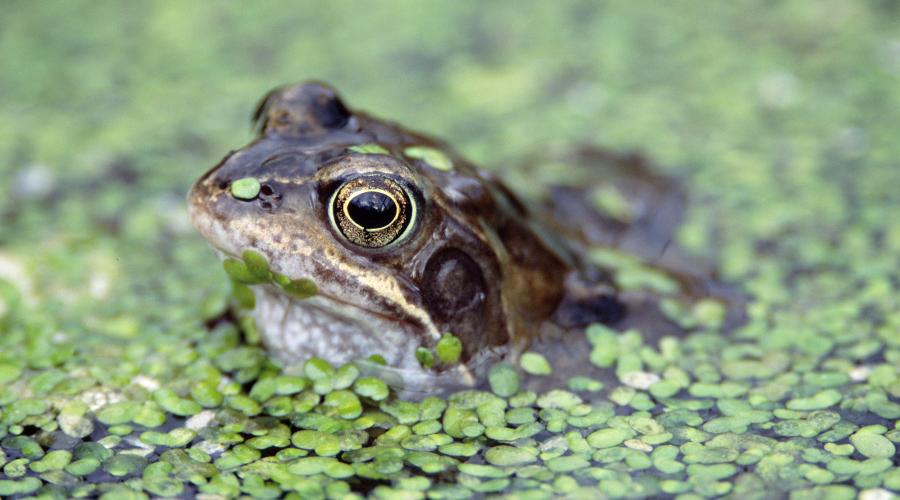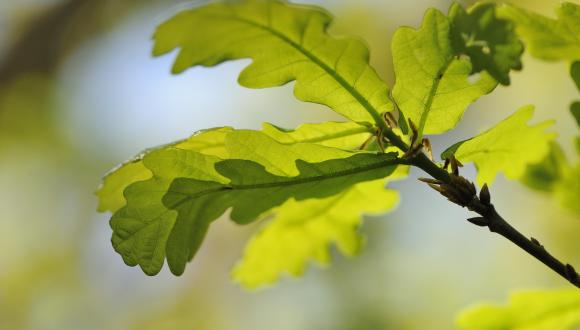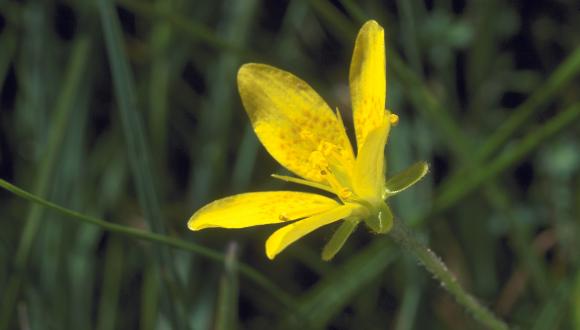
Newts and toads: licences for possession
We can license the legal possession of great crested newt and natterjack toad specimens for scientific, research or educational purposes.
Even when dead, great crested newts and natterjack toads remain protected under the Conservation (Natural Habitats, &c.) Regulations 1994. The same is true of sand lizards and marine turtles, which are also European protected species.
If you have a dead newt or toad, or even part of one – including skin – that was collected since June 1994, you must have a licence to possess it legally.
NatureScot can issue licences for the possession of newts and toads for scientific, research or educational purposes. For a licence to be issued, you must be able to clearly show the scientific or educational purpose.
Such a licence is used to permit, for example:
- scientists to use newt and toad samples for research
- museums, schools or ranger services to display dead newts and toads for educational purposes
It’s not an offence to possess any other dead Scottish amphibian or reptile species. But you should be sure that any such specimens weren’t killed or obtained illegally.
How to apply
To apply for a licence to possess a dead great crested newt or natterjack toad (or sand lizard or marine turtle), email [email protected].
You should include:
- your name, address and telephone number
- the number and nature (whole or part) of individual specimens
- the species of specimens
- the purpose of possession
- the date and location where specimens were found
- where specimens will be kept
Helping animals in danger
You can temporarily possess a European protected species such as the great crested newt without a licence – as long as this is in the animal’s best interests.
For example, you might find a great crested newt on a road and in danger of injury from passing traffic. Here, it might be in the animal’s best interests to move it across the road to a safe area.
But there’s also a chance that moving the animal could harm it. So you should seek expert advice before you act, e.g. from NatureScot or a charity like Froglife.
Licence changes and renewals
You should get in touch if you wish to amend a licence. But check your licence conditions first: you may be able to appoint agents and assistants without having to get them named on your licence.
Find out about adding persons to a licence.
You must also remember to contact us to renew your licence. Licences aren’t renewed automatically.
Contact
If you already have a licence number, include it in the subject line of your email, or have it to hand when you call.
Licensing Team
Telephone: 01463 725 364
Email: [email protected]





